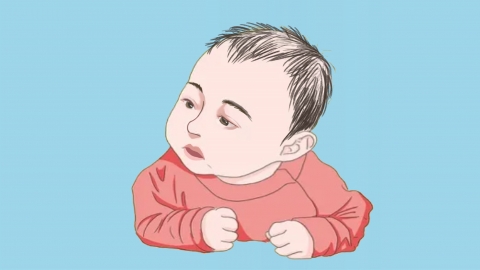What causes mental disorders in children?
Causes of childhood mental disorders include genetic factors, abnormal neurodevelopment, family environmental factors, psychosocial stress, and physical health problems. These conditions are often the result of multiple interacting factors, and early identification requires comprehensive assessment. If a child persistently exhibits emotional, behavioral, or cognitive abnormalities, timely medical evaluation and diagnosis are recommended.
1. Genetic factors: Children with a family history of mental disorders have a higher risk of developing such conditions. Genetic factors may affect brain neurotransmitter secretion or neural circuit development, increasing the likelihood of disorders such as autism and schizophrenia.
2. Abnormal neurodevelopment: Prenatal infections, premature birth, and perinatal hypoxia can lead to structural or functional abnormalities in brain development, impairing emotional regulation, cognitive function, and behavioral control, potentially triggering attention deficits and mood disorders.

3. Family environmental factors: Parental divorce, domestic violence, and inappropriate parenting styles can cause psychological trauma in children. A prolonged lack of affection or an overly harsh environment undermines psychological security and increases the risk of anxiety disorders, depression, and other conditions.
4. Psychosocial stress: Major life events such as the death of a loved one, school transitions, or adverse experiences like bullying and abuse may exceed a child's psychological coping capacity, leading to emotional imbalance and resulting in behavioral or emotional problems.
5. Physical health problems: Chronic illnesses, malnutrition, and traumatic brain injuries can affect brain metabolism or neurological function, indirectly contributing to mental disorders. For example, thyroid dysfunction may be accompanied by mood swings and difficulty concentrating.
Treatment should combine psychotherapy, behavioral interventions, and necessary medication, following an individualized plan that is gradually adjusted. In terms of care, it is important to create a warm and stable family environment, provide encouragement and companionship, establish regular routines and balanced nutrition, and support the child’s gradual recovery of social adaptation skills.




